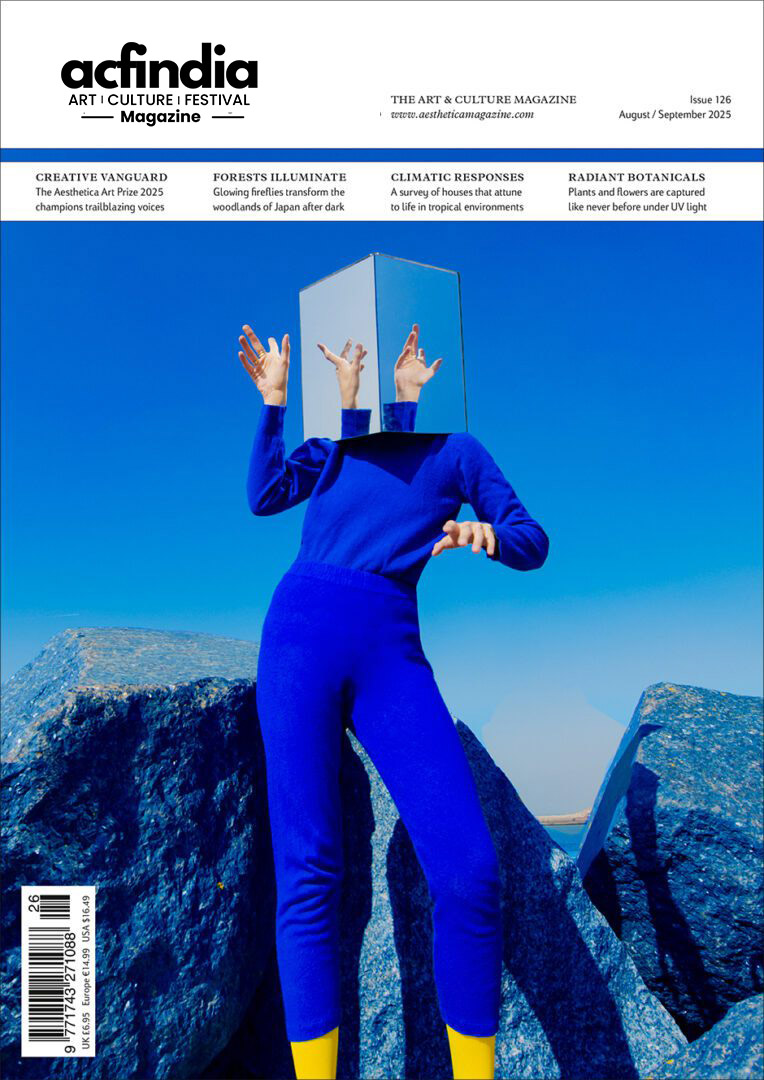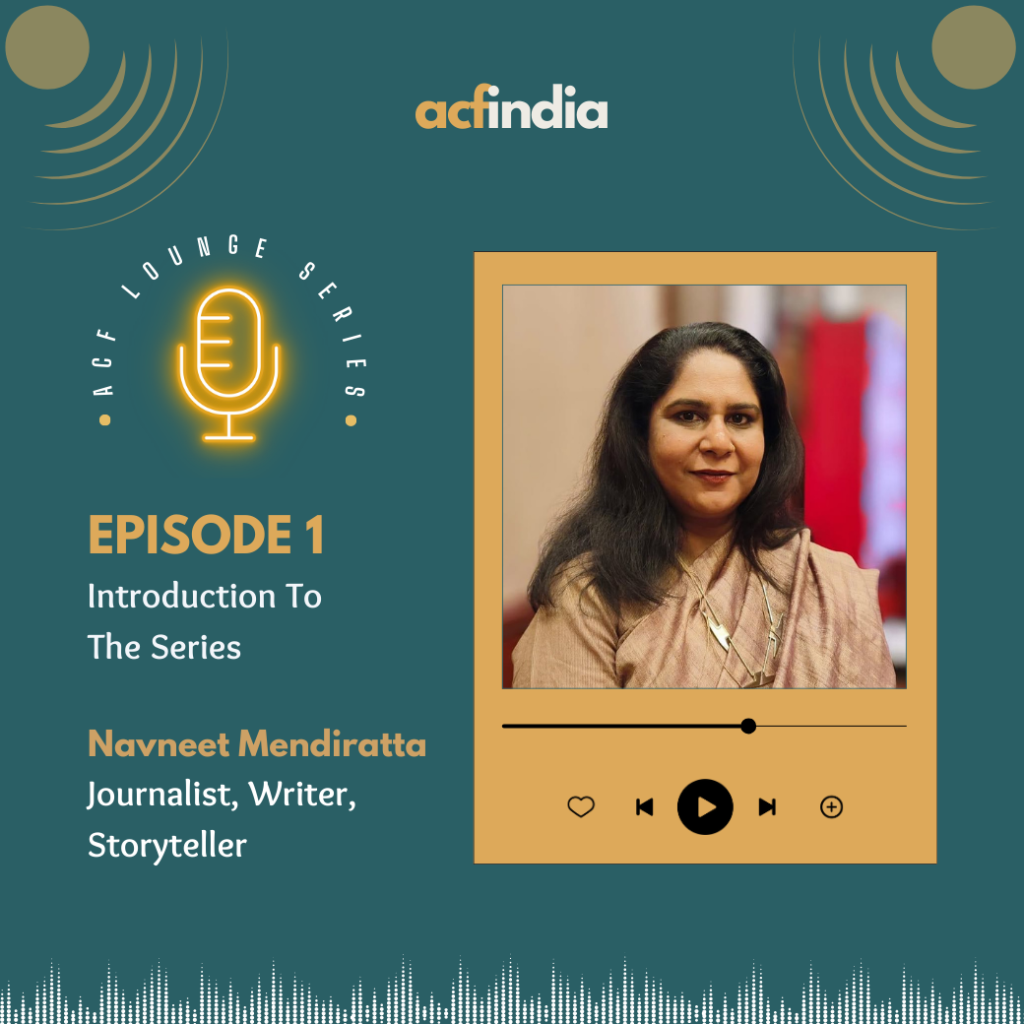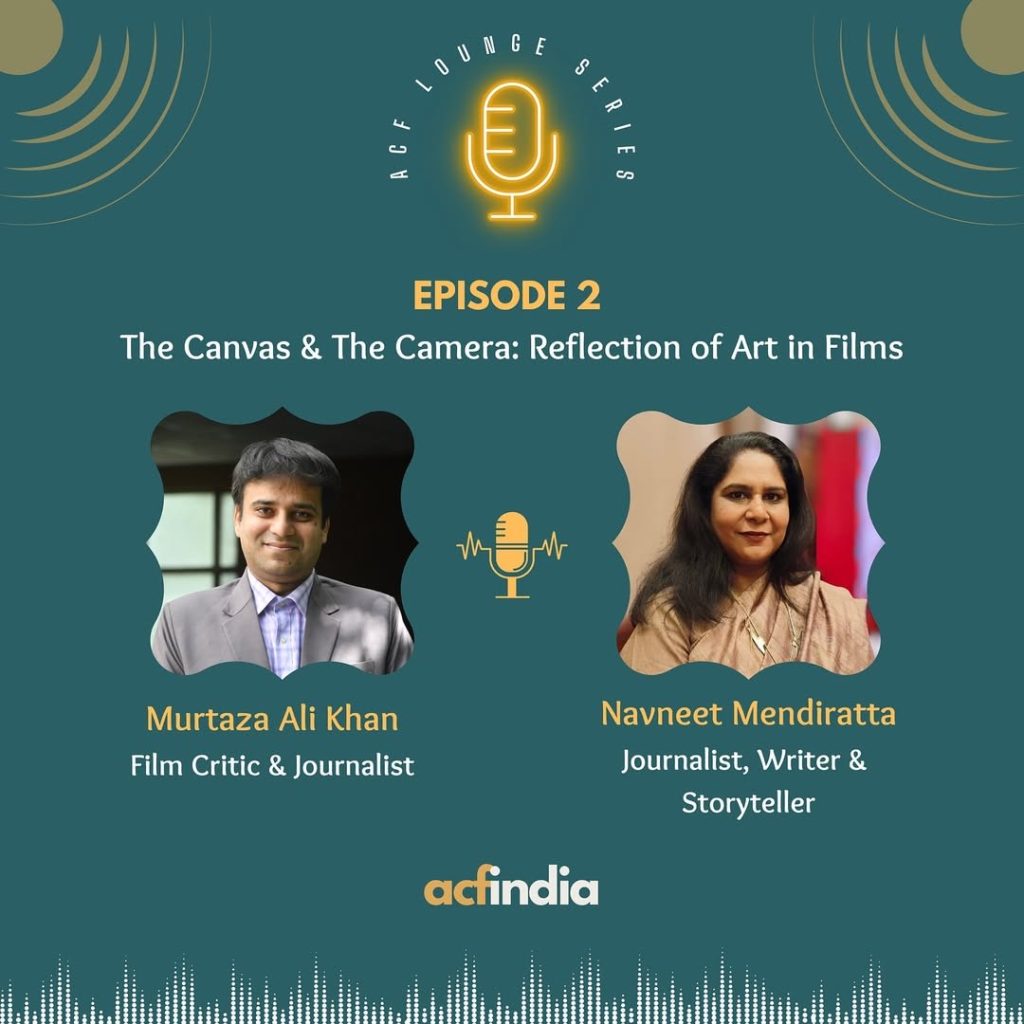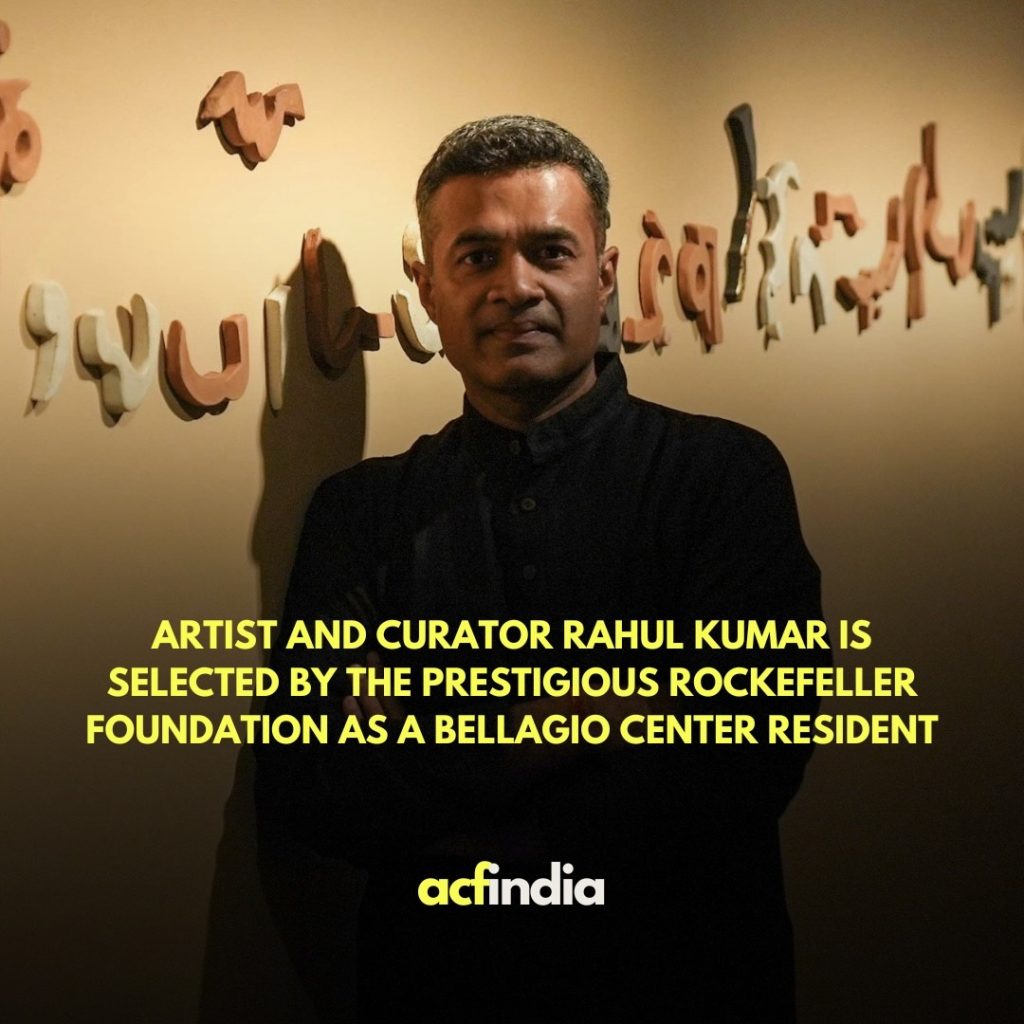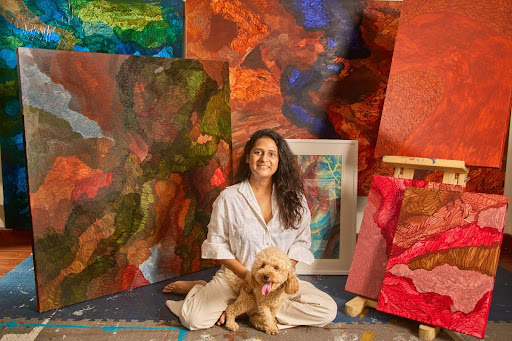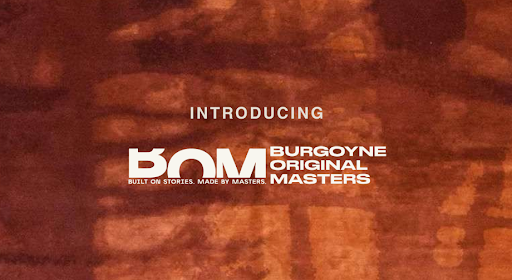By Aditya Anand
In today’s fast-moving world, where everything is becoming digital and temporary, museums play a quiet but powerful role. They may not make headlines every day, but what they do is deeply important. Museums are not just places where old things are stored, they are living spaces that protect our history, share our stories, and shape our future.

Image Courtesy: Times of India
Museums hold the key to understanding where we come from. Whether it’s a centuries-old painting, a handwritten letter from a freedom fighter, or a simple tool used by villagers in the past, each item tells a story. These objects help us connect with our roots. They show us how people lived, what they believed in, and how they shaped the world around them. Without museums, many of these memories would be lost forever.
But museums do more than just preserve old objects. They also teach. They create learning experiences for students, artists, researchers, tourists, and everyday visitors. When we walk through a museum, we are not just looking at items behind glass, we are taking a journey through time. We learn not just with our eyes, but with our hearts. Museums inspire curiosity and spark conversations. They make us ask questions, and sometimes, they help us find answers.

Image Courtesy: Getty Iris
In recent years, museums have also changed with time. They are no longer quiet, boring spaces with just labels and display cases. Many museums now use technologies like videos, virtual reality, and interactive screens to make the experience more engaging. Children can touch, explore, and even play while learning. Some museums also offer community events, storytelling sessions, and art workshops. In this way, museums become cultural hubs, not just storage rooms.
Museums also bring people together. They celebrate diversity by showcasing stories from different regions, religions, and communities. They give voice to those who have been forgotten or ignored. Whether it’s tribal art, women’s struggles, or folk traditions, museums highlight the importance of every culture. They promote understanding and respect in society.
Another quiet but strong impact of museums is their role in tourism and the economy. People from across the world visit cities just to see their famous museums. This brings money to local businesses, creates jobs, and supports cultural industries. Museums also help in branding a city or country as a cultural destination.

Image Courtesy: National Art Education Association
In conclusion, museums matter more than we often realise. They may not be loud or flashy, but their work is powerful. They protect our heritage, educate the public, bring communities together, and keep culture alive. In a time when we are always running forward, museums help us pause and look back. And in doing so, they guide us toward a wiser and more thoughtful future. Let us not forget- “When we preserve our past, we build a stronger tomorrow.”

Aditya Anand
About the Contributor: Aditya is a passionate Mass Communication and Journalism student currently pursuing his Master’s degree, completing his undergraduate studies in the same discipline. Pursuing his academic journey with a keen interest in historical journalism, storytelling, research, productions, media strategy, and content creation. He is associated with the NCC Army Wing and has worked on national-level podcasting and multimedia projects. With a traditional outlook and forward-thinking spirit, he believes in using the power of words to spark meaningful dialogue and preserve culture through creative expression

